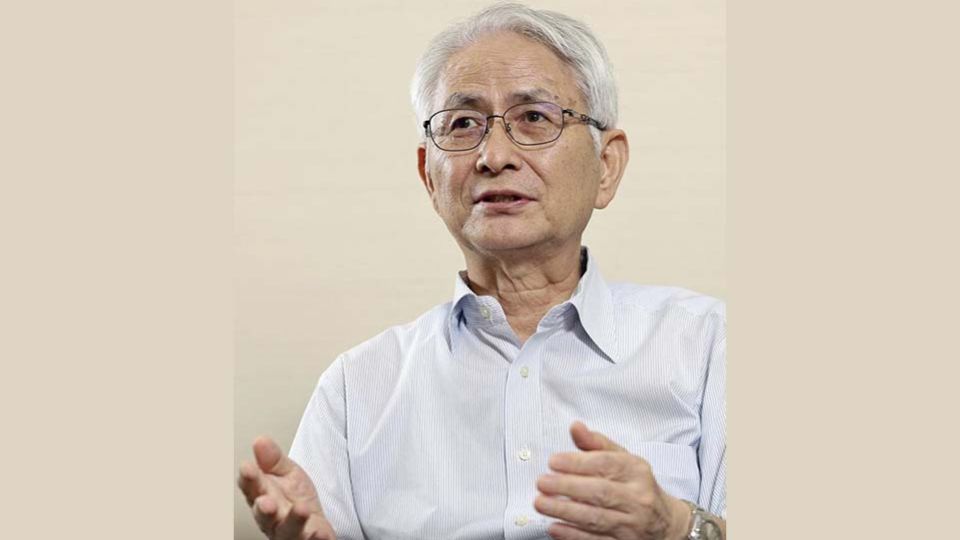October 14, 2025
TOKYO – The “baby hatch” at San-Ikukai Hospital in Sumida Ward, Tokyo, has accepted one newborn every two to three weeks in the six months since it was established, the hospital’s director said during an interview with The Yomiuri Shimbun.
The hospital set up the baby hatch six months ago to accept newborns whose parents are unable to raise them. It also allows for pregnant women to come for childbirth in relative secrecy, notifying only a limited range of hospital staff of their identities.
The director, Hitoshi Kato, 68, urged for establishing a legal framework for managing the personal information of children born to anonymous mothers, saying, “Control of their personal information is left completely to our hospital.”
A baby hatch is known by various names in Japan, including “baby box.” The hospital uses the terms “baby basket” and “Inochi no basuketto” (basket of life).
San-Ikukai Hospital became Japan’s second medical institution with a baby hatch on March 31, following Jikei Hospital in Kumamoto City. The hospital also began accepting women wanting to deliver children in secret.
The hospital accepts babies who are up to four weeks old in a specialized room on the first floor of the building. It is possible for mothers to entrust their newborns to the hospital without any contact with the staff.
Though Kato did not clarify the exact number of the cases, he said, “There was one every two to three weeks over the past six months.”
He also said all the women that hospital staff were able to contact felt like they had been backed into a corner, unable to consult anybody about their pregnancy.
“I really feel we have been able to save lives. It’s good we started doing this,” he said.
When a baby is entrusted to the hospital, police first confirm whether the case is related to unlawful acts. Officials of the Tokyo metropolitan government’s Koto Child Guidance Office put the baby in temporary protection. Afterward, the baby is placed in a child welfare facility.
The Sumida Ward Office, which has jurisdiction over the hospital’s location, also takes care of procedures for the baby, such as registering them as a Japanese national.
The metropolitan government and the ward office have had numerous discussions with the hospital and police over the last two years in preparation for the acceptance of babies.
Officials with knowledge of their circumstances said all babies accepted at the baby hatch are living healthily.
An official of the metropolitan government said, “Though the metropolitan government does not necessarily endorse the hospital’s initiative, we acknowledge it is not possible for the hospital to manage the upbringing of these children on its own. We shall continue to handle cases.”
Anonymous deliveries allow women to give birth without revealing their identities beyond a limited range of persons. This prevents pregnant women from feeling forced to deliver their babies in isolation outside of hospitals.
The hospital has had dozens of consultations with women wanting to use the anonymous delivery system.
However, only about 10% of these women deliver a child in secret.
When the hospital receives a request for a secret delivery, doctors and other staff carefully consider the woman’s wishes and circumstances. The council then makes their decision.
Since the secret delivery system began, however, Kato said many pregnant women have requested a secret delivery while being transported to the hospital after starting labor.
“There were many women who had never received medical checks while pregnant. The number of cases in which we had no time for dialogue with them was greater than anticipated,” he said.
In 2022, the central government issued a directive regarding secret deliveries. It called on hospitals to respect the rights of children born in such a manner to know their family origin and permanently store information about the identities of mothers, including names and addresses, when deliveries are made in secret.
Though the hospital is following this directive, it is difficult for it to manage the personal information.
Kato said, “The hospital’s duty is to let women deliver their babies safely. Control of information should be done by public authorities.”
He called for a legal framework to be established in regard to children born in secret deliveries.

